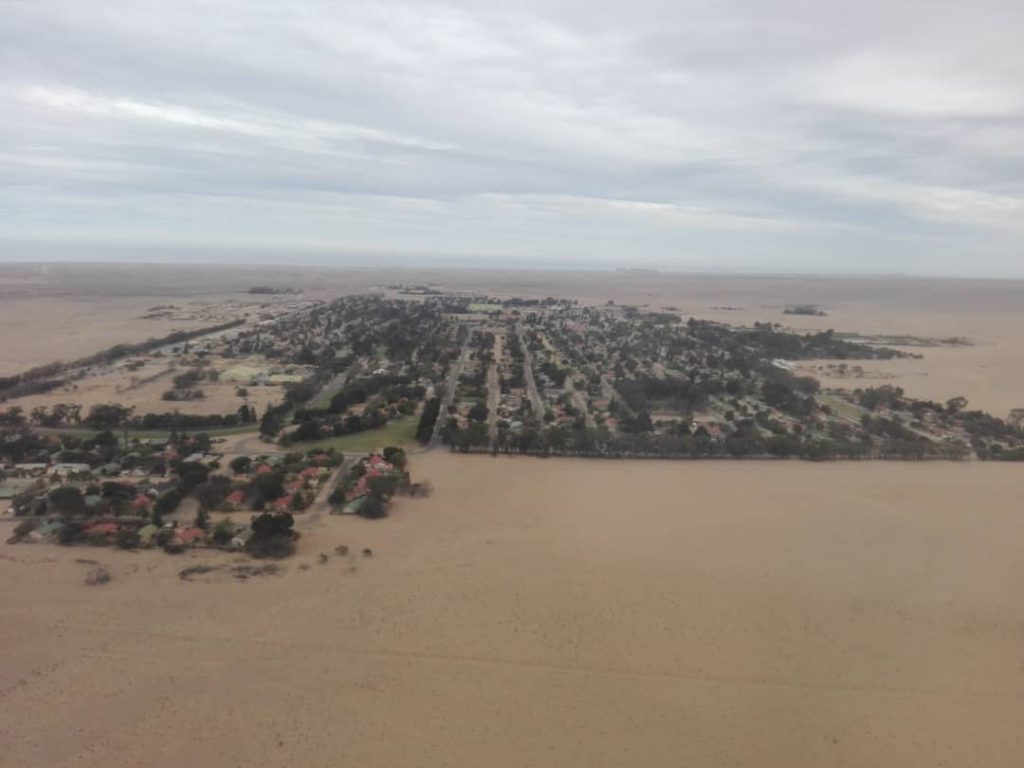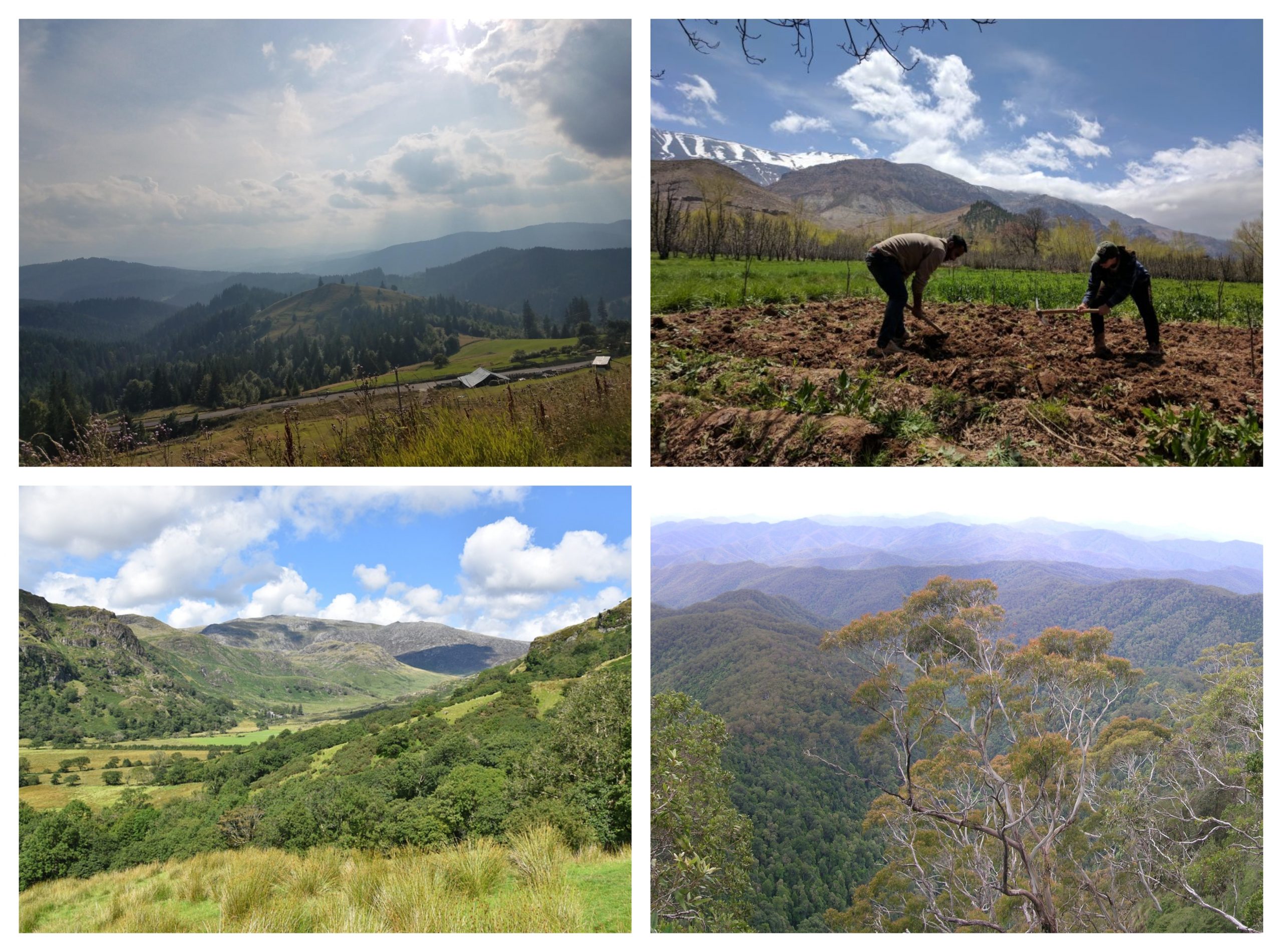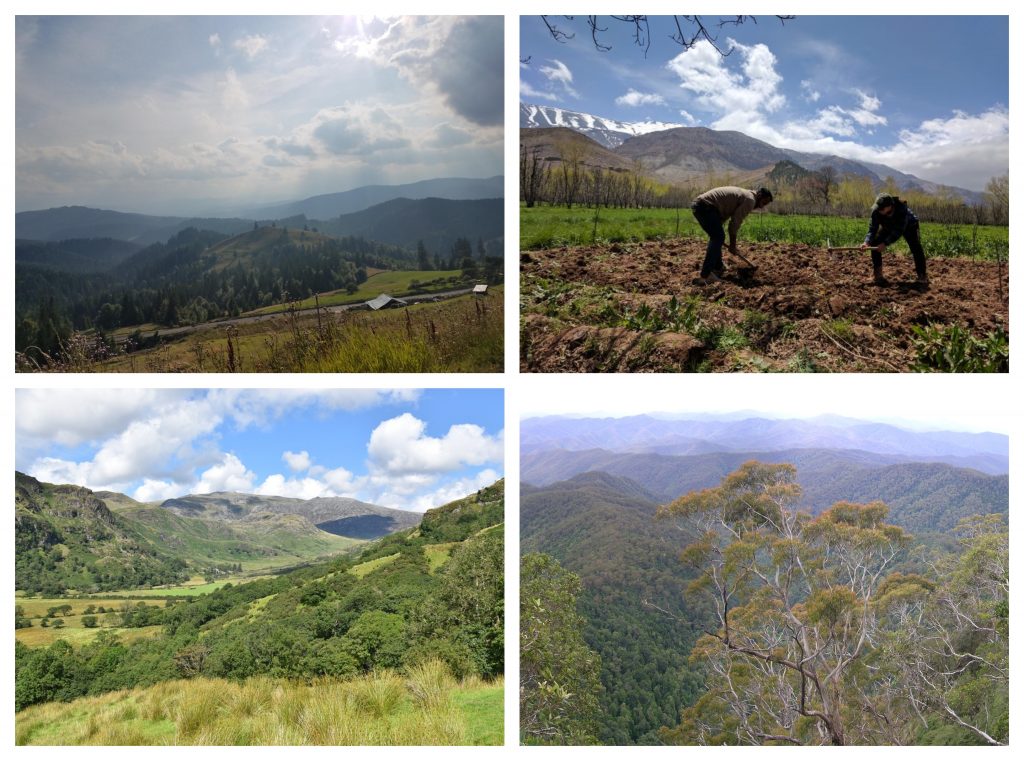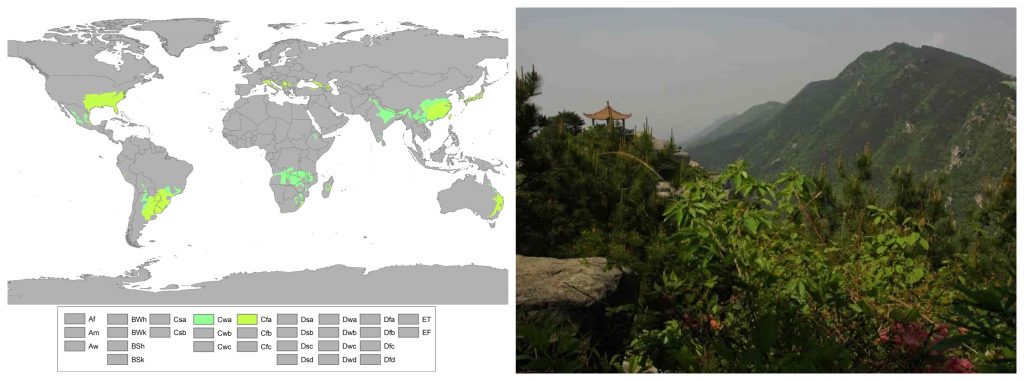Driving through Appalachia on a sunny summer day, one could be forgiven for thinking the region was uniquely “almost heaven.” Indeed, implicit in many conversations about Appalachia is a certain specialness. Whether by outsiders seeking to stigmatize, or insiders intending to lionize, the region is often presented as one-of-a-kind.
However, comparing Appalachia to other areas of the world shows that this is not quite the case. Of course, as with any area, Appalachia possesses a unique mix of attributes that is truly its own. Nobody else has the Great Smoky Mountains, and the Battle of Blair Mountain, and Mothman.
But if the expatalachians project has anything to offer wider discussions on the region, it is its ability to show that the things that make Appalachia special also bind it to people and regions around the world. In thinking through the ways the region’s geography, economy, and culture make it comparable to other areas, we can help cultivate global ties to people facing similar challenges and perhaps discover new answers to old problems.
Fundamental to how many people think about the region, Appalachia’s mountains are arguably its feature most often compared to other areas, and for good reason. Aside from being visually striking, the mountains have played a major role in why Appalachia is the way it is today. Although geography is not destiny, it does shape most everything else about an area, from its economy and politics to its history and culture.
This is something of a perennial topic for expatalachians, with the project’s writers comparing Appalachia to mountainous areas in countries as far afield as Canada, Morocco, and Romania. And we aren’t the only ones. The field of International Mountain Studies has become increasingly prominent, and writers have drawn attention to similarities with areas like upland Southeast Asia.
However, while the mountains may be an important—perhaps even an essential—starting point for comparing Appalachia to other regions, they are not the be-all-end-all, even in terms of geography. Given the increasingly pressing challenges Appalachia faces from climate change, looking for other areas along the lines of more mutable aspects like climate and ecology could provide fresh insights and connections.
For example, although not internationally known as a mountain region the same way as Appalachia, Transylvania, or the High Atlas, southeast China is one of the few places in the world that has the exact same climate as south-central Appalachia, a fact that has led to astounding similarities in plant life. Appalachia and the mountains of south-central China contain some of the world’s richest examples of temperate broadleaf and mixed forests, and expatalachians has already examined how medicinal herbs like ginseng occupy a major position in both areas.
Given the importance of addressing climate change in the US-China relationship, understanding how both countries are similarly impacted provides an opportunity to learn from one another while remaining true to their distinct heritages.
Aside from geography, perhaps the most common point of comparison between Appalachia and other areas is in economics. As one of the poorest regions of the richest country in the world, Appalachia has attracted considerable attention for its declining coal-based economy. However, it is hardly the only mining region to face the problems associated with resource extraction, be it the boom-and-bust business cycle, health issues, or environmental degradation.
Much has been written about Appalachia’s similarities with certain other coal-producing mountain regions, most notably Wales, but unexplored comparisons abound. Eastern Australia, which shares extensive geographic and climatic similarities with Appalachia, is also a major coal producer facing many of the same questions in the face of climate change. Likewise for major coal producing provinces like Shanxi in China and Jharkhand in India.
But moving beyond just coal extraction, one can view Appalachia as one of many regions of the world consigned to the periphery so the core can prosper. Although it’s important not to overstate the comparison, Appalachia’s marginalized position means it has a lot in common with countries in the developing world with a history of resource extraction. Reading about the history of gold mining in South Africa or copper mining in the Congo, one is struck to see dynamics of corporate control, exploitation, and struggle similar to those witnessed in Appalachia.
Although by no means an antidote for everything wrong with the US public sphere today, in connecting Appalachia’s struggle for economic justice with similar fights all around the world, Appalachian writers might well find a counterweight to populist narratives of xenophobia and exclusion amid economic decay that threaten the region.

A final point of comparison between Appalachia and other regions of the world concerns culture. This can be difficult for several reasons, not the least of which is the desire by many to incorrectly assign Appalachia a singular, unchanging cultural identity rooted in the heritage of white Scots-Irish settlers. However, if done with care and a bit of humility, culture is a particularly rich source of comparison that allows a writer to transcend the limits often imposed on representations of Appalachia or other regions.
Some of expatalachians’ most celebrated work is in this vein. Whether in looking at how regional music spread around the world, how Christmas celebrations across oceans aren’t so different, or at how two very different countries have dealt with the tragedy of the opioid epidemic, culture has helped provide a space to connect on a human level away from the grand theories of global politics and economy.
Ultimately, the key to a good regional comparison is navigating the tension between presenting both areas truthfully and using their juxtaposition to make evident a broader truth. Any comparison from an Appalachian perspective will necessarily impose a pre-existing framework onto places very different from one’s own. However, if done thoughtfully, a good comparison can open up entire new worlds of inquiry, solidarity, and understanding.
Subscribe to The Patch, our newsletter, to stay up-to-date with new expatalachians articles and news from around Appalachia.
Nicholas Brumfield is a native of Parkersburg, WV currently working in Washington, DC. For more hot takes on Appalachia, the Middle East, and socialist Tanzania, follow him on Twitter: @NickJBrumfield




